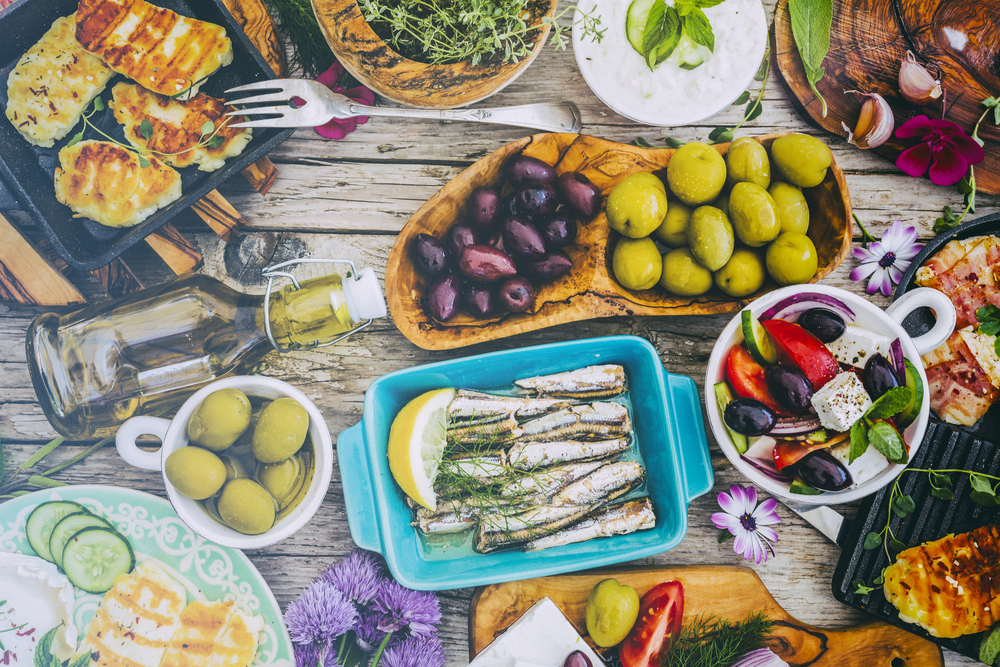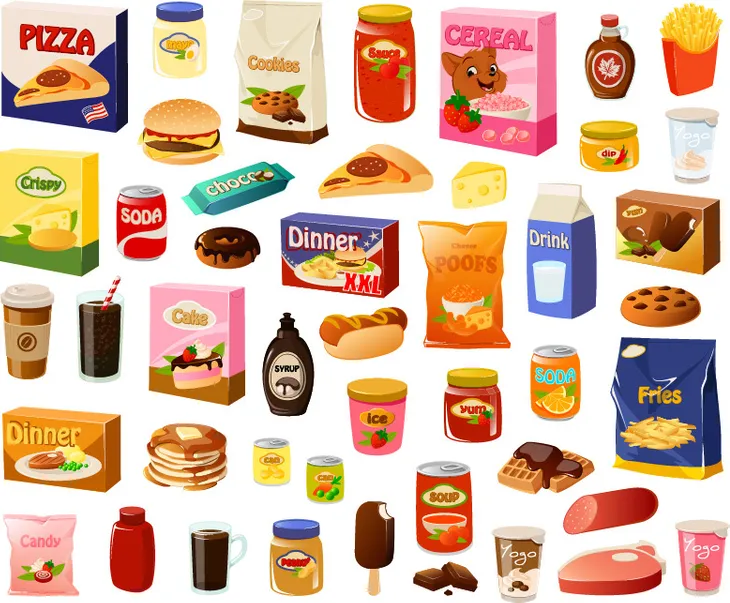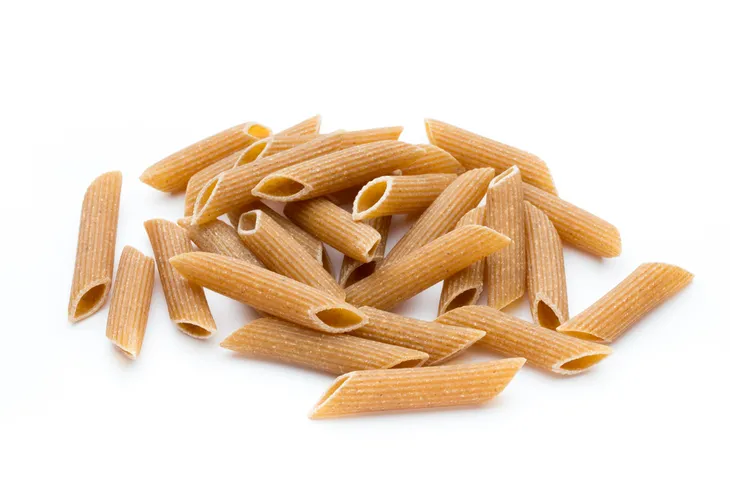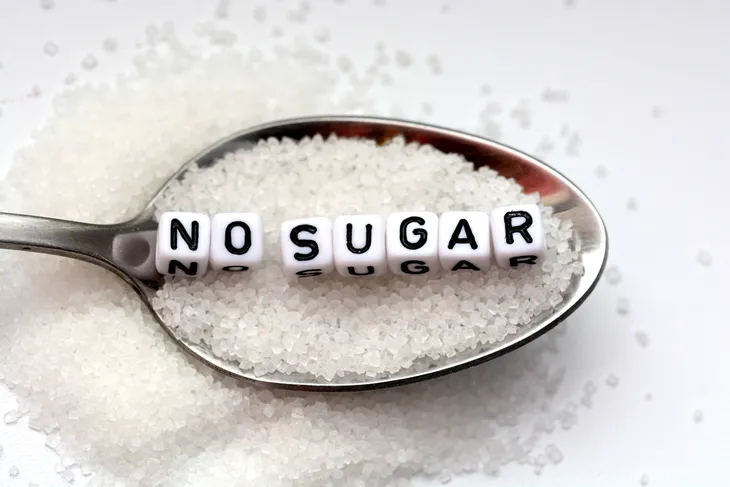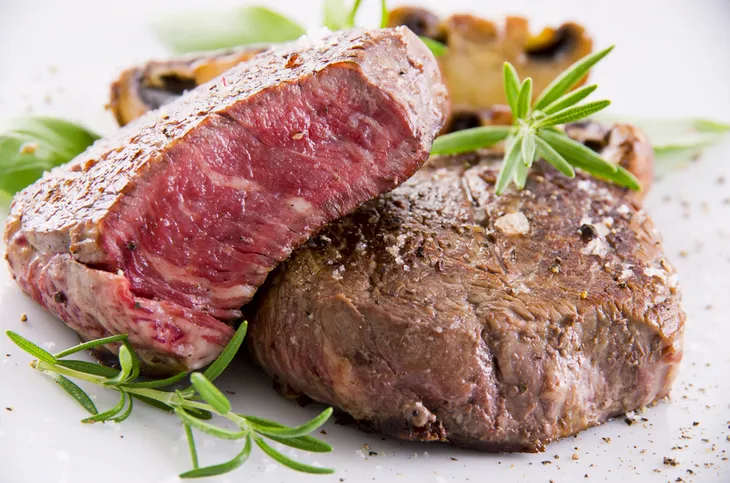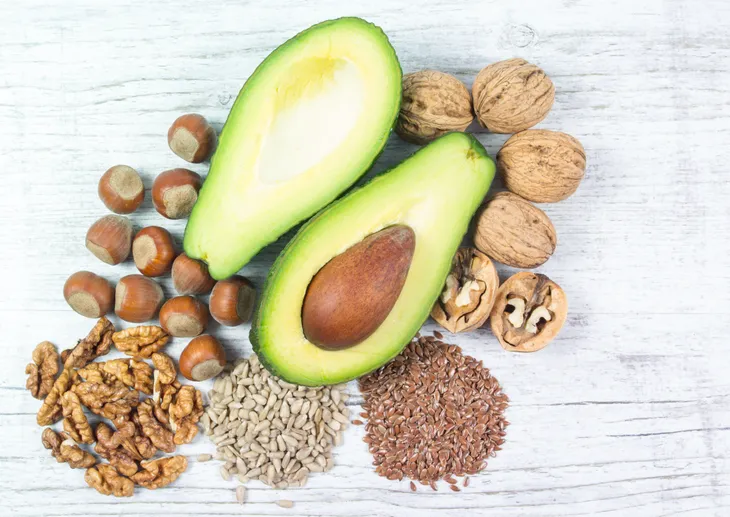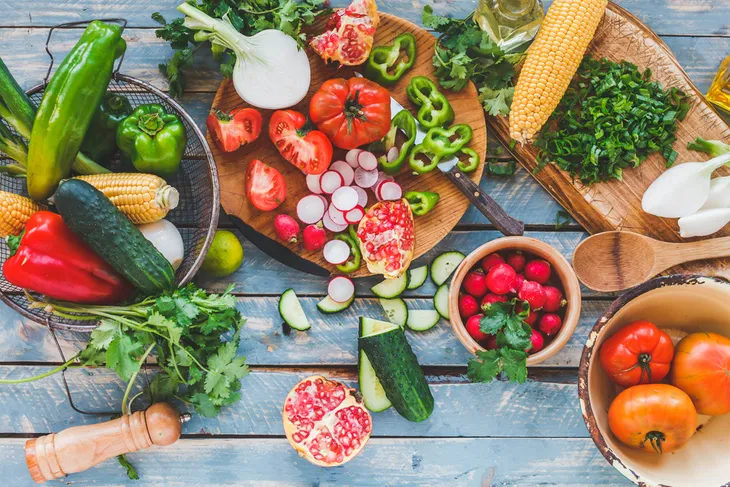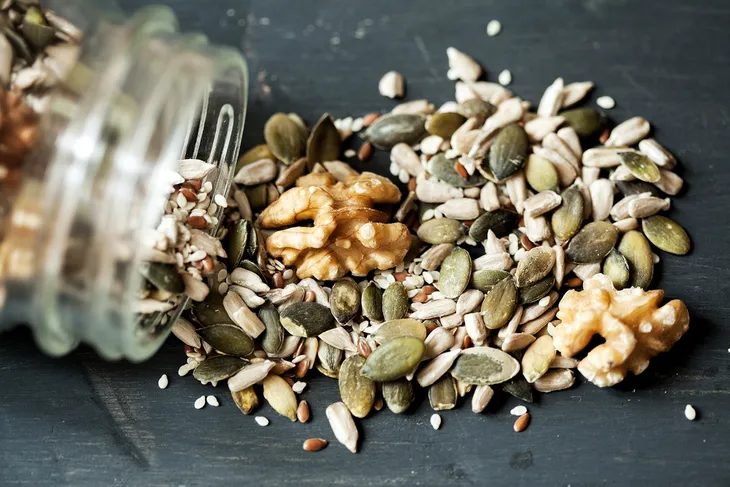This diet is based on consuming simple, whole foods as a delicious way to lower cholesterol—without the rules of a traditional diet. The Mediterranean diet, has been named the best diet overall in the U.S. News & World Report for the past three years, most recently in 2022. This ranking looked at 41 different eating plans and found that the Mediterranean diet was the best in most major categories like “best diet for healthy eating, best plant-based diet, best diet for diabetes, and easiest diet to follow.”
Don’t know much about this diet? Here are some important things to know about the Mediterranean diet and lifestyle…
Want diet & nutrition content delivered straight to your inbox? Sign up for our exclusive diet & nutrition newsletter!
Consume Fish in Abundance
Seafood fans will rejoice over a diet that recommends a minimum of 2 to 3 servings of fish each week! The benefits are right there in the filet. It’s a fact that most fish—including fresh salmon, mackerel, herring, blue and albacore tuna, sardines, and even anchovies—is a rich source of omega-3 healthy fats.
While the Mediterranean diet puts more of an emphasis on fatty fish like salmon, sardines, and mackerel, Eating Well says lean fish like cod and tilapia are still viable options. If you’re not used to eating a lot of fish, no worries. Aim for at least one fish night a week. There are tons of easy, no fuss, no mess ways to cook fish. If you don’t like eating it on its own, you can always incorporate it into other foods like a soup, salad, taco, or stir-fry.
Pour on the Olive Oil
Sure, the Mediterranean diet allows fats—if they come from heart-healthy olive oil rather than from artery-clogging saturated fats from butters, margarines, red meat, and cheese. Instead of cooking with vegetable or coconut oil, the Mediterranean diet has people using olive oil or extra-virgin olive oil.
According to Eating Well, olive oil is “rich in monounsaturated fatty acids which may improve HDL cholesterol, the ‘good’ type of cholesterol.” The best ways to incorporate olive oil into your diet is with salad dressings and vinaigrettes. You can drizzle it on dishes like chicken and fish to boost the flavour or simply swap it out in recipes of mashed potatoes, pasta, etc.
Be Moderate with Dairy
Low fat dairy products can be very healthy on a limited basis. That’s why the Greeks dismiss most high fat cheeses and cream sauces from the table in favor of Greek yogurt, which they consume in small quantities at breakfast or for snacks (i.e., tzatziki).
The problem with non-fat and low-fat dairy is that it tends to have sugar in it which is how it’s able to taste as good as those full-fat products that it’s competing with. Sydney Greene, MS, RD, talked to Eat This, Not That! and said the best thing to do is limit dairy intake to only a few times a week and choose plan, full-fat options that contain gut-friendly probiotics. “A whole-milk Greek yogurt will keep you more full than 0 percent yogurt, so you will be less likely to snack on less healthy options. Not a fan of plain yogurts? Flavor them with cinnamon or vanilla bean powder.”
Avoid Anything Processed
We’ve already established that the Mediterranean diet focuses on fresh, local, whole foods, which means anything packaged, canned, or boxed is avoided due to excess sodium, sugar, fats, and artificial additives that really do more harm than good to our bodies.
Only Healthy Whole Grains
Sure, pasta, bread, and rice can be part of your Mediterranean diet experience, as long you eat the kind that’s made using whole grains—and not the kind that’s manufactured using bleached, processed flour. Refined carbs are terrible for blood sugar, which is why the Mediterranean diet has people opting for whole grains.
Health.com writes that users should aim for about four small daily portions of whole-wheat bread, pasta or quinoa. The same source encourages eating these whole grains with some healthy fats and a protein. When it comes to eating pasta, Eat This, Not That! recommends using either whole grain pasta or legume-based noodles made out of black beans, lentils and chickpeas.
Shun Sugar
One of the most difficult parts of the Mediterranean diet is cutting out sugar. Suddenly, everything from your favorite cookie to your bar of chocolate of choice will be off limits. Focus on whole, natural sugars from sources like fresh fruit, fruit salads, and honey.
Cheers to Wine
Drinking wine, in moderation, is a big part of the Mediterranean diet. However, keep in mind that this is not an open invitation to over-imbibe. The Greeks consume only 1 to 2 glasses of wine per day, and typically only with meals. According to a study that was published in the New England Journal of Medicine created by the dietitian who developed the Mediterranean diet, women should only have a three-ounce serving of wine a day and men a 5-ounce serving per day.
Enjoy Regular Activities
The lifestyle portion of the Mediterranean diet focuses on a favorite physical active every day. It doesn’t matter what the activity is — biking, walking, gardening, yoga, running, or swimming — the idea is to enjoy working and moving every day.
Pass on Red Meat
If your diet consists mainly of unhealthy animal fats (i.e., beef, lamb, and pork); you’re bound to end up with high cholesterol, weight gain, and heart issues down the road. That’s why the Mediterranean diet allows small portions of lean, red meat purely in moderation. Instead, stick to white meats like fish, chicken, turkey, and seafood for lower fat, healthier meat protein sources in your meals.
Healthy Fats
Most people hear the word ‘fat’ and run in the other direction! While it’s true we don’t want to eat fatty foods, but there is such thing as healthy fats and the Mediterranean diet encourages people to make smart choices about the fats they eat. Stay away from saturated fats and hydrogenated oils (trans fats) which contribute to heart disease, and eat more monounsaturated and polyunsaturated fats which can reduce LDL cholesterol levels.
Healthline recommends eating more healthy fats like extra virgin olive oil, olives, avocados, and avocado oil. The Mediterranean diet also encourages eating more foods with omega-3 fatty acids which can help “lower triglycerides, decrease blood clotting, are associated with decreased sudden heart attack, improve the health of your blood vessels, and help moderate blood pressure,” writes Mayo Clinic. Since the Mediterranean diet eats lots of fish, we can’t forget those fatty fish, says Mayo Clinic, like mackerel, lake trout, herring, sardines, albacore tuna and salmon, which are all rich in omega-3 fatty acids.
Eat Lots of Fruits and Vegetables
The main components of a Mediterranean diet includings fruits, vegetables, pasta and rice. While lots of pasta and rice aren’t necessarily healthy, the majority of their diet is actually fruits and vegetables which as we all know are the best foods for us. The Mayo Clinic points out that people who live by this diet, primarily Greek residents, tend to eat meals with very little red meat and an average of 9 servings of antioxidant-rich fruits and vegetables a day! So if you’re planning on trying this diet in 2019, you’ve been forewarned that you’ll be eating lots of fruits and veggies!
Healthline suggests loading up on more tomatoes, broccoli, kale, spinach, onions, cauliflower, carrots, Brussels sprouts, and cucumbers. When it comes to fruits, try eating more apples, bananas, oranges, pears, strawberries, grapes, dates, figs, melons and peaches.
Drink Lots of Water
Possibly one of the biggest selling points about trying the Mediterranean diet is the ability to drink red wine (in moderation!), but what’s more important on this diet is drinking lots and lots of water. You may also drink coffee and tea, but do not indulge in any sugar sweeteners or beverages that are high in sugar like fruit juice and soda.
Eat More Nuts and Seeds
Usually we’re told to be cautious with nuts because they are high in fat, but they also have some awesome health benefits. The fat that they do contain is not saturated, says the Mayo Clinic, and the Mediterranean diet encourages people to eat more healthy unsaturated fats. Healthline suggests incorporating more almonds, walnuts, macadamia nuts, hazelnuts, cashews, sunflower seeds, and pumpkin seeds. Even though nuts and seeds are an important part of the Mediterranean diet, do not eat them in excess because they are high in calories. No more than a handful a day, says Mayo Clinic.
You can also add some extra flavor to meals by eating more herbs and spices like garlic, basil, mint, rosemary, sage, nutmeg, cinnamon, and pepper, says Healthline.
It’s Not About Counting Calories
Most people don’t like diets because they tend to focus a lot on counting calories, food points, food diaries, all that nonsense. The nice thing about the Mediterranean diet is that people who are on it don’t have to count their calories or feel like they are starving themselves. It’s more about making healthier choices than it is about limiting food. People who are on this diet are required to eat more plant-based foods and healthy fats and less processed foods which seems simple enough, and quite frankly, makes the most sense!
Another thing that is important about this diet and a good thing to keep in mind while on it is that it’s not a fad diet, it’s a lifestyle. This is a diet that could be maintained long term. “First, to set fears aside, the Mediterranean diet is not a ‘diet’ in the sense that its purpose is not to help you lose weight. Rather, it’s a style of eating that emphasizes a well-balanced eating plan,” says NYC-based registered dietitian, Natalie Rizzo, MS, RD to Eat This, Not That. It’s not about restricting a person’s diet. It’s more about living a healthier lifestyle.
